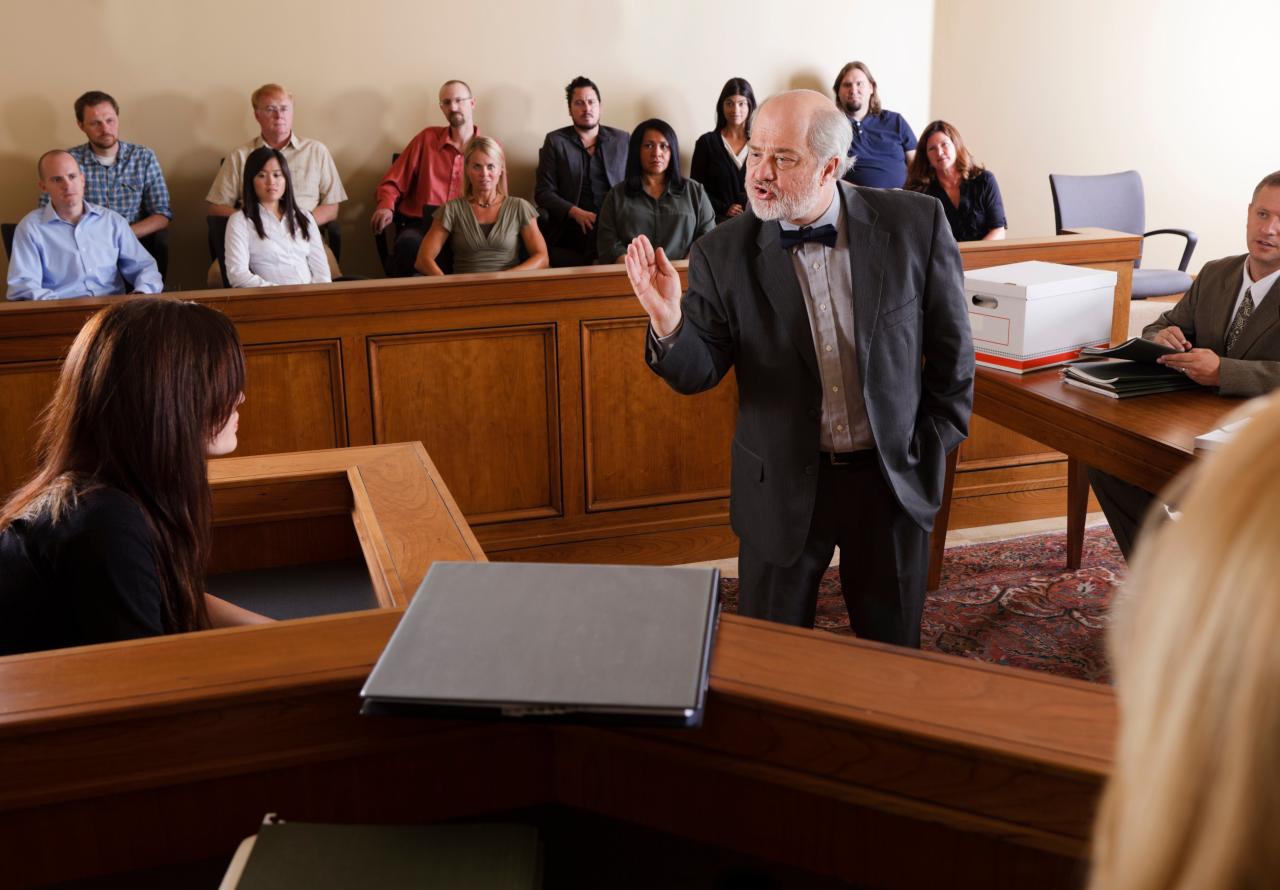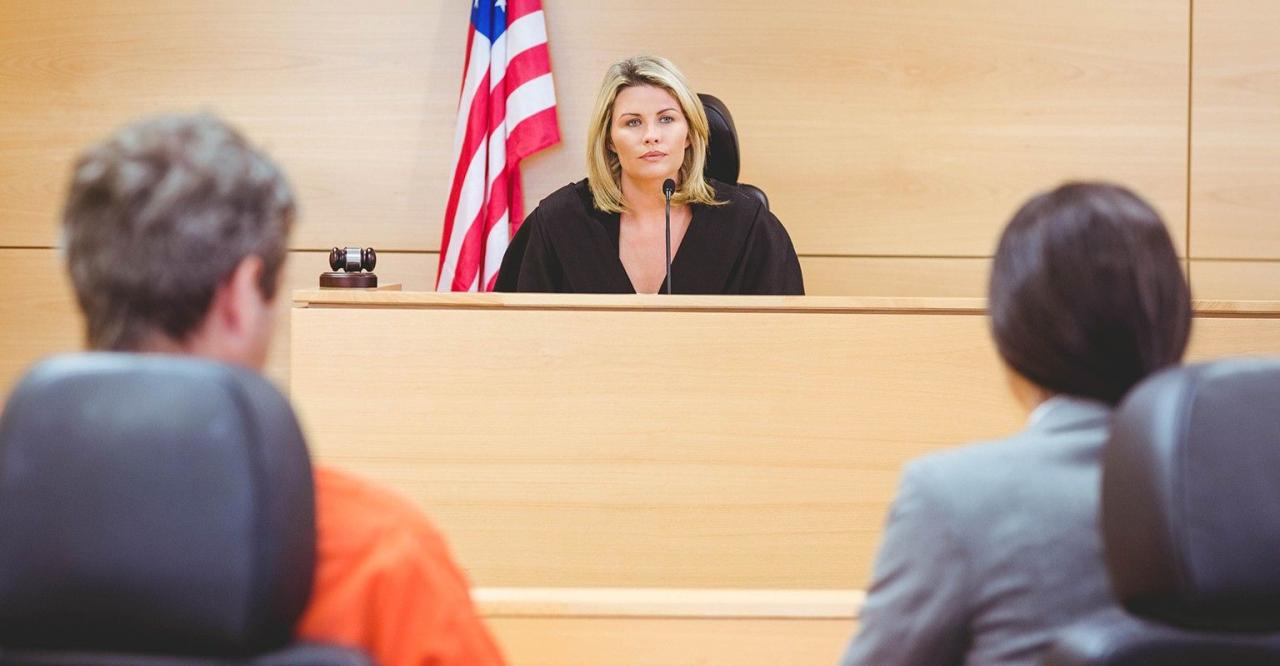Finding the best criminal defense lawyer is crucial when facing legal trouble. Navigating the complexities of the criminal justice system can be overwhelming, and having a skilled advocate by your side can significantly impact the outcome of your case.
This guide will provide you with the knowledge and tools to understand the role of a criminal defense lawyer, identify key qualities to look for, and navigate the process of finding the right legal representation. We’ll cover everything from understanding legal rights to navigating the legal process and the importance of early legal counsel.
Factors to Consider When Choosing: Best Criminal Defense Lawyer
Choosing the right criminal defense lawyer is crucial for anyone facing criminal charges. The lawyer you choose will be your advocate, representing your interests and fighting for the best possible outcome in your case. To make an informed decision, consider these factors:
Lawyer’s Fees and Payment Structures
Understanding a lawyer’s fees and payment structure is essential for budgeting and financial planning. Different lawyers have different fee arrangements, and it’s important to choose one that fits your financial situation.
- Hourly Rate: Many lawyers charge by the hour, with rates varying depending on experience and location. This structure provides flexibility but can be unpredictable in terms of total cost.
- Flat Fee: Some lawyers offer flat fees for specific services, such as representing you in a specific type of case. This provides predictable costs, but may not be suitable for complex cases that require significant time and effort.
- Contingency Fee: In some cases, lawyers may work on a contingency fee basis, where they only get paid if they win your case. The fee is typically a percentage of the amount recovered. This can be advantageous if you have limited financial resources, but it’s important to understand the percentage and potential limitations.
Lawyer’s Reputation and Track Record
A lawyer’s reputation and track record are important indicators of their competence and experience. You want to choose a lawyer who has a proven history of success in defending clients facing similar charges.
- Professional Affiliations: Look for lawyers who are members of professional organizations like the National Association of Criminal Defense Lawyers (NACDL). This indicates a commitment to professional standards and ongoing education.
- Case Results: Research the lawyer’s past case results. Check online reviews, court records, and testimonials to see if they have a history of successful outcomes.
- Client Feedback: Look for feedback from past clients. Online platforms and legal directories often have reviews and testimonials that can provide insights into a lawyer’s professionalism, communication, and effectiveness.
Lawyer’s Accessibility and Communication Style
Choosing a lawyer who is accessible and communicates effectively is crucial for a successful attorney-client relationship.
- Availability: Ensure the lawyer is readily available to answer your questions, provide updates, and discuss your case. Consider their responsiveness to emails, phone calls, and meetings.
- Communication Style: Choose a lawyer who communicates clearly and concisely, using language you understand. They should be willing to explain legal concepts and procedures in a way that is accessible to you.
- Transparency: A good lawyer will be transparent about their fees, strategies, and expectations. They should keep you informed about the progress of your case and be honest about the potential outcomes.
Navigating the Legal Process
Understanding the stages of a criminal case and the role of your lawyer is crucial for a successful defense. The legal process can be complex and intimidating, but knowing what to expect can help you feel more prepared and confident.
Stages of a Criminal Case, Best criminal defense lawyer
The criminal justice system follows a structured process, beginning with an arrest and culminating in a trial or plea bargain. Here’s a typical progression:
- Arrest: The initial stage involves law enforcement officers apprehending an individual suspected of committing a crime. This usually occurs when an officer has probable cause to believe the person is involved in criminal activity.
- Booking: Following arrest, the suspect is taken to a police station for processing. This involves taking fingerprints, photographs, and recording personal information. The suspect may also be asked to provide a statement.
- Initial Appearance: The suspect is brought before a judge within a specified timeframe (typically 24-48 hours). During this hearing, the charges are formally read, the suspect’s rights are explained, and bail is set.
- Preliminary Hearing: This hearing is conducted to determine whether there is enough evidence to support the charges and proceed to trial. The prosecution presents evidence, and the defense can cross-examine witnesses.
- Grand Jury Indictment: In some jurisdictions, a grand jury (a group of citizens) reviews the evidence and decides whether to issue an indictment, formally charging the defendant with a crime.
- Arraignment: The defendant is formally read the charges and asked to enter a plea (guilty, not guilty, or no contest).
- Discovery: Both the prosecution and defense exchange information and evidence relevant to the case. This includes witness statements, police reports, and physical evidence.
- Trial: If the defendant pleads not guilty, a trial is held. This involves presenting evidence, examining witnesses, and arguing legal points. The jury (or judge in a bench trial) decides the verdict based on the evidence presented.
- Sentencing: If the defendant is found guilty, the judge imposes a sentence based on the severity of the crime and the defendant’s criminal history. Sentencing options can include probation, fines, community service, or imprisonment.
- Appeal: If the defendant is unhappy with the verdict or sentence, they can appeal the decision to a higher court. Appeals are based on legal arguments, not on re-examining the facts of the case.
Role of the Lawyer at Each Stage
A criminal defense lawyer plays a crucial role at every stage of the legal process, advocating for the defendant’s rights and interests. Their responsibilities include:
- Arrest: Advising the defendant of their rights, including the right to remain silent and the right to an attorney.
- Booking: Ensuring that the defendant’s rights are protected during the booking process.
- Initial Appearance: Arguing for reasonable bail and ensuring that the defendant understands the charges.
- Preliminary Hearing: Challenging the prosecution’s evidence and seeking to have the charges dismissed.
- Grand Jury Indictment: Representing the defendant before the grand jury and arguing against indictment.
- Arraignment: Advising the defendant on the best plea strategy and entering the appropriate plea.
- Discovery: Obtaining and reviewing evidence from the prosecution and preparing their own evidence for trial.
- Trial: Preparing and presenting the defendant’s case, cross-examining prosecution witnesses, and arguing legal points.
- Sentencing: Arguing for a lenient sentence and seeking alternative sentencing options.
- Appeal: Filing an appeal if necessary and representing the defendant in appellate court.
Common Legal Procedures and Terminology
Understanding the legal procedures and terminology used in criminal court can help you navigate the process more effectively. Here are some key terms and concepts:
- Plea Bargain: An agreement between the prosecution and the defense in which the defendant pleads guilty to lesser charges in exchange for a reduced sentence.
- Motion: A formal request made to the court for a specific ruling or action.
- Subpoena: A legal document that compels a witness to appear in court or provide evidence.
- Evidentiary Hearing: A hearing held to determine the admissibility of evidence.
- Jury Selection: The process of choosing a jury for the trial.
- Direct Examination: The questioning of a witness by the attorney who called them to testify.
- Cross-Examination: The questioning of a witness by the opposing attorney.
- Objection: A statement made by an attorney to challenge a question or piece of evidence.
- Sustained: The judge agrees with the objection and disallows the question or evidence.
- Overruled: The judge disagrees with the objection and allows the question or evidence.
The Role of Evidence and Testimony

In a criminal trial, the prosecution must prove beyond a reasonable doubt that the defendant committed the crime. This burden of proof rests entirely on the prosecution, and the defendant is presumed innocent until proven guilty. Evidence plays a crucial role in establishing guilt or innocence.
Gathering and Presenting Evidence
Evidence is gathered through various methods, including:
- Witness Interviews: Police and investigators interview witnesses to gather information about the crime and potential suspects.
- Physical Evidence: This includes any tangible objects related to the crime, such as weapons, fingerprints, DNA samples, or stolen property.
- Documentary Evidence: This encompasses documents, photographs, videos, and electronic records that provide evidence of the crime or the defendant’s actions.
- Expert Testimony: Experts in various fields, such as forensic science, medicine, or accounting, can provide testimony based on their specialized knowledge and analysis.
Evidence is presented in court through a process called “admissibility,” which involves ensuring that the evidence is relevant, reliable, and not obtained illegally. The defense attorney has the right to challenge the admissibility of evidence, arguing that it is irrelevant, unreliable, or obtained through improper means.
The Role of Witnesses and Their Testimony
Witnesses are individuals who have firsthand knowledge of the crime or events surrounding it. Their testimony can be crucial in proving the prosecution’s case or defending the defendant.
- Eyewitness Testimony: Eyewitnesses can provide direct accounts of what they saw or heard during the crime. However, eyewitness testimony can be unreliable, as memory can be faulty and subject to biases.
- Character Witnesses: These witnesses can testify about the defendant’s reputation and character, which can be used to support or challenge the prosecution’s case.
- Expert Witnesses: Experts can provide testimony based on their specialized knowledge and analysis of evidence. This can include forensic scientists, medical examiners, or financial analysts.
Witnesses are subject to cross-examination by both the prosecution and the defense attorney, allowing each side to test the credibility of the witness’s testimony.
Challenging and Refuting Evidence
Defense attorneys use various strategies to challenge and refute evidence presented by the prosecution:
- Challenging the Reliability of Evidence: The defense can argue that the evidence is unreliable, such as through questioning the methods used to collect or analyze the evidence.
- Presenting Contradictory Evidence: The defense can present evidence that contradicts the prosecution’s case, such as alibis, witness testimony, or physical evidence that supports the defendant’s innocence.
- Highlighting Weaknesses in the Prosecution’s Case: The defense can point out gaps or inconsistencies in the prosecution’s case, suggesting that the evidence is not sufficient to prove guilt beyond a reasonable doubt.
A skilled criminal defense attorney will use a combination of these strategies to challenge the prosecution’s case and protect the rights of their client.
Closing Summary

Remember, choosing the right criminal defense lawyer is a critical decision. By understanding the process, identifying key qualities, and considering your specific needs, you can confidently find the best legal representation to protect your rights and achieve the best possible outcome in your case.
